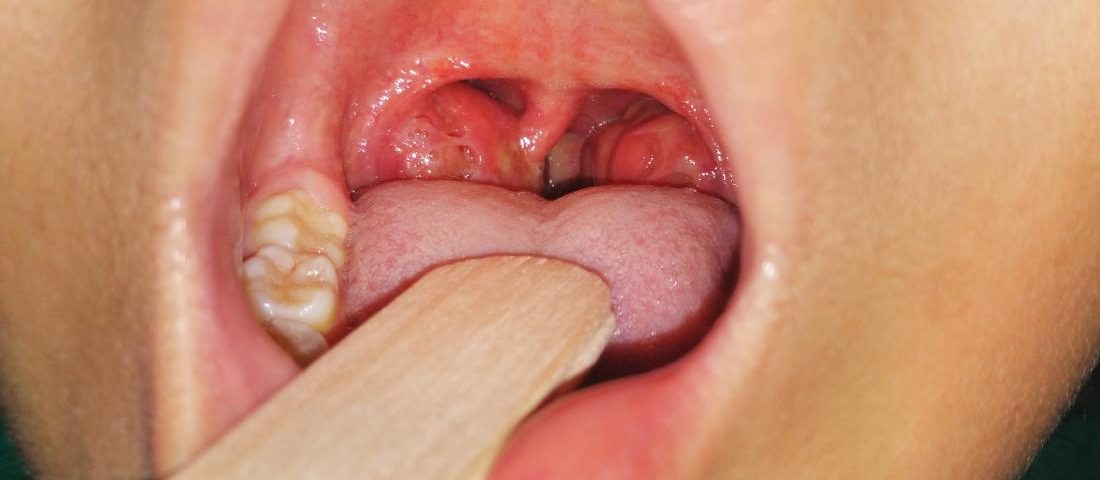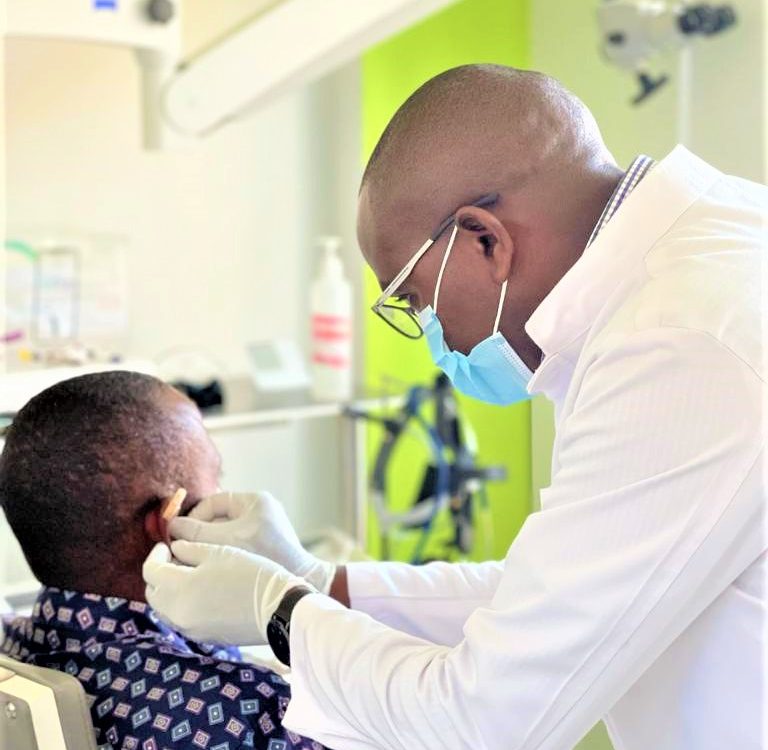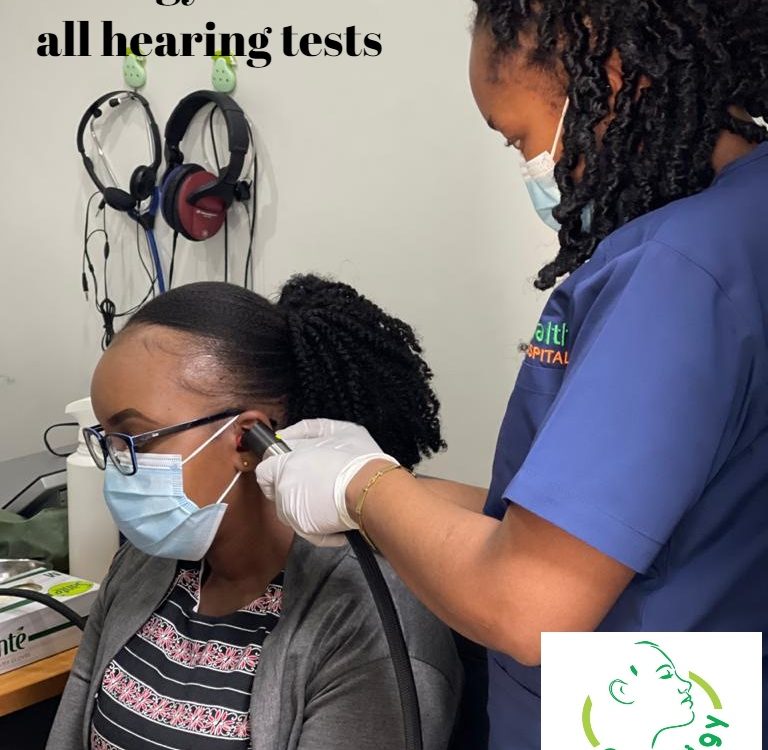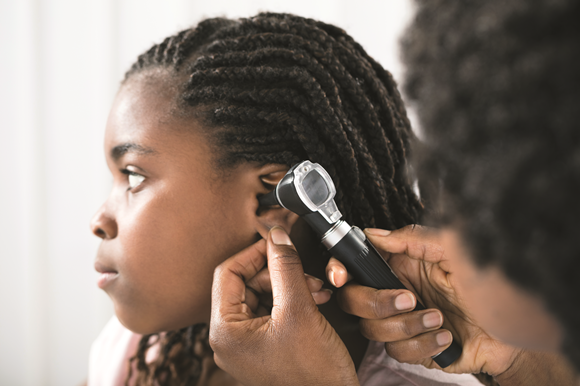SORE THROAT
One of the most common complaints patients consult a throat specialist about is a sore throat. Fortunately, most sore throats do not develop into anything serious, and they can be treated quite easily at home. The majority of sore throats are caused by viruses or factors like mouth breathing.
Symptoms and Signs
Common sore throat symptoms include a scratchy, painful, burning feeling in the back of the throat. There can also be neck tenderness and difficulty swallowing. Many children with a sore throat quit eating, and adults also experience a loss of appetite. Other accompanying symptoms of a sore throat may include:
- Coughing
- Sneezing
- Laryngitis (hoarseness or loss of your voice)
- Runny nose
- Low grade fever
- Generalized fatigue or tiredness
- Swollen glands in the neck
- Bad breath
If you or your child has a sore throat, expect it to not last any longer than seven to ten days. If your symptoms do last longer, you should consider seeing one of our many ear, nose, mouth, and throat specialists. Our competent, caring doctors can diagnose the cause of your sore throat and start you on course of treatment if necessary.
Causes and Concerns
Sore throats are more common in the late fall, winter, and early spring months. There are several reasons why you or a member of your family might get a sore throat. These include:
- Common viruses – Some cause blisters to appear in the mouth and/or throat.
- Tonsillitis – Infected tonsils and/or adenoids lead to severe throat pain and swelling.
- Mouth breathing – A dry, sore throat can occur from too much air hitting the mucosa.
- Smoking – Tobacco and nicotine irritate the lining of the throat and lead to soreness.
- GERD – Gastro-esophageal reflux disease causes sore throat, especially when stomach acids back up into the throat causing burning.
- Post nasal drip – Also called draining of the sinuses, swelling and pain occurs from chronic or allergic sinusitis and persistent drainage.
- Common bacterial infections – Bacterial pharyngitis occurs from pathogenic infection from Streptococcus (strep throat), Arcanobacterium haemolyticum, and other microorganisms.
- Candidiasis infection – Also known as thrush, a sore throat that develops after a series of antibiotics, chemotherapy, or other immunosuppressant drugs may be caused by yeast called Candida.”
- Cancer – A sore throat that persists for more than two weeks could be a warning sign of a serious condition like throat cancer or HIV/AIDS.
Serious Forms of Sore Throat
There are some serious forms of sore throat that you need to consider. An infectious sore throat may lead to dehydration, secondary infection, such as pneumonia, and other health conditions. Also, you should go to the emergency department or see a throat specialist right away if you or your child has a sudden onset of:
- Swelling that leads to difficulty breathing
- Inability to swallow fluids
- Accompanying dehydration, fainting, light-headedness or elevated pulse rate
- Swollen tongue and/or lips
If you have had direct contact with another individual who has been diagnosed with strep throat, we strongly recommend that you have a strep test done, as it is quite contagious. Also, indications of a serious form of sore throat is when it is accompanied by fever, swollen glands and white patches on the back of the throat. If you have a sudden onset of throat pain, or a prolonged episode of sore throat, you should consider seeing a throat specialist.
Sore throat is not associated with cold symptoms like runny nose, or congested sinuses, and nasal drainage, but it is often associated with persistent allergies. If you experience a sore throat that is associated with sneezing, itching of the roof of your mouth, and clear nasal drainage, one of our ear, nose, mouth, and throat specialist can evaluate your for allergies.
Solutions and Options
Sore throat treatments are dependent on the specific cause. We first like to evaluate you in the office, take a medical history, run some simple tests, and do a physical examination before we treat you. Viruses run their course, and your sore throat will get better when your body has successfully fought the virus. Hence, there is no specific treatment other than common remedies that sooth the throat like salt water gargles, drinking lots of fluids, throat lozenges and using a humidifier.
Bacterial throat infections, on the other hand, are treated with a course of antibiotics. Chronic tonsillitis and persistent, recurrent pharyngitis may require removal of the tonsils and adenoids. Strep throat is easily treated with antibiotics such as penicillin and amoxicillin. For sore throats caused by mouth breathing, smoking, and GERD, the doctor individualizes your treatment based on your unique needs.
Summary
Sore throats can be annoying as well as painful. If you have any persistent symptoms, call today and schedule an appointment with one of our throat specialists. While most sore throats are caused by minor illnesses, and go away without medical care, some causes of sore throat warrant further evaluation.




